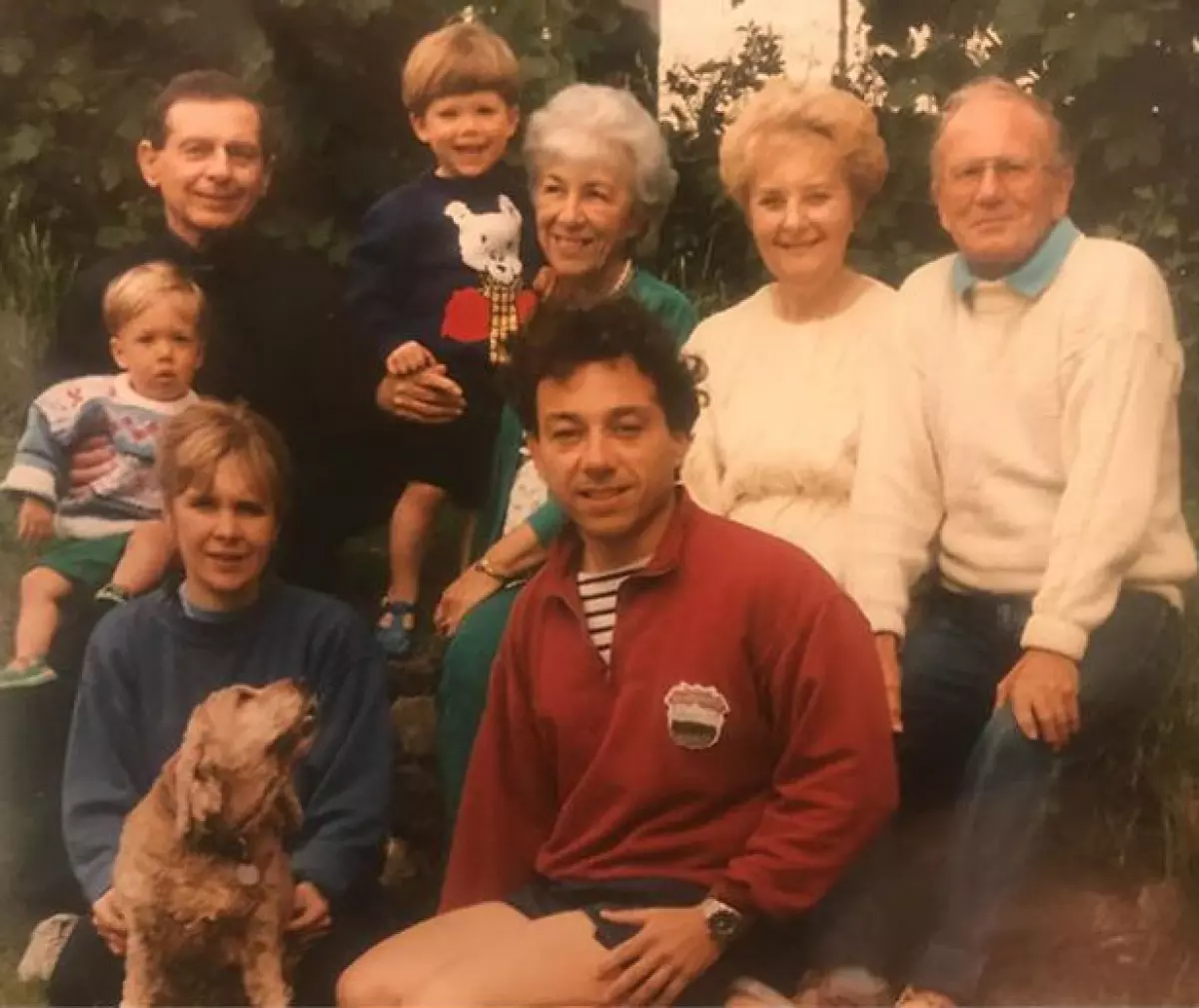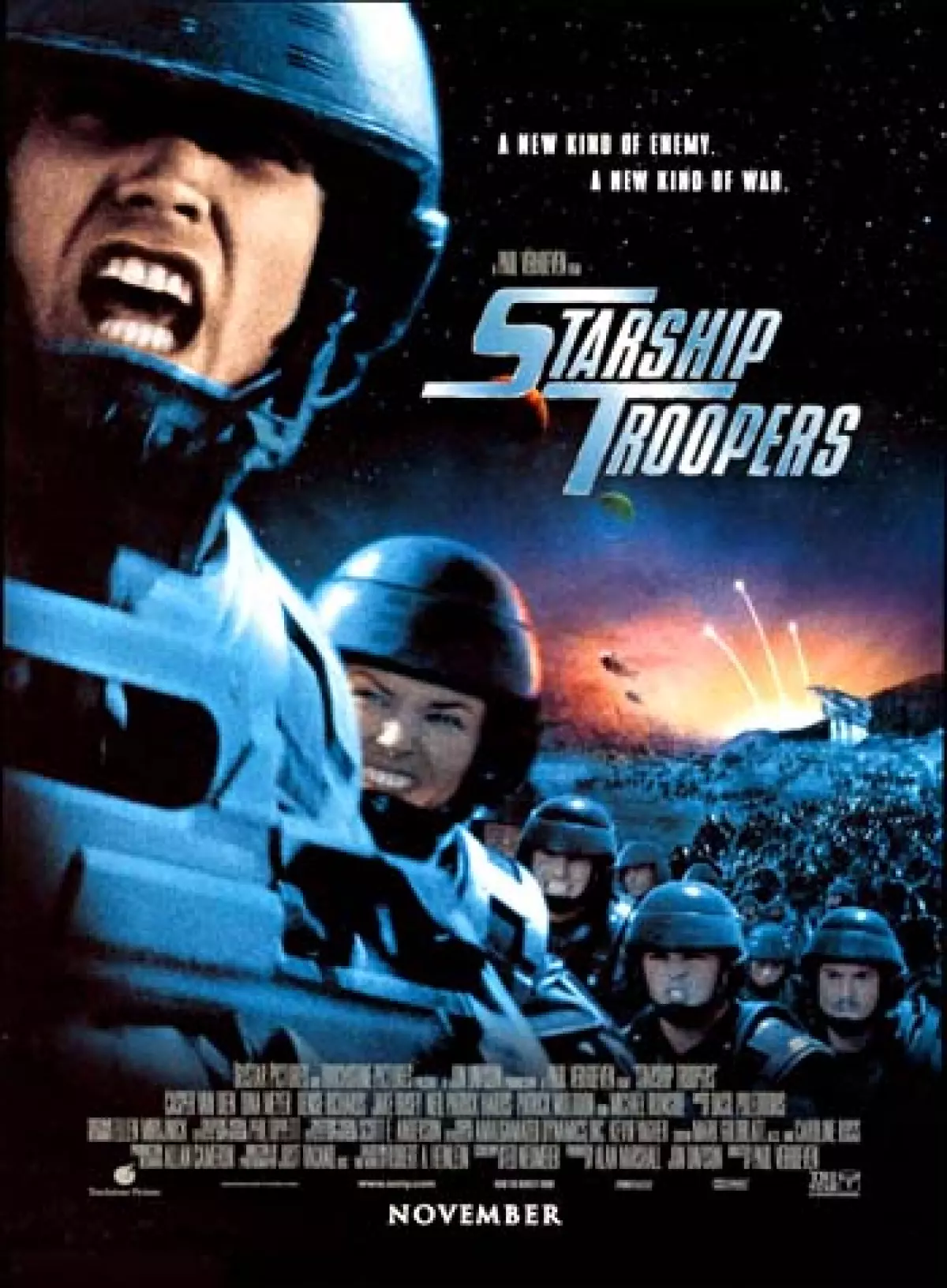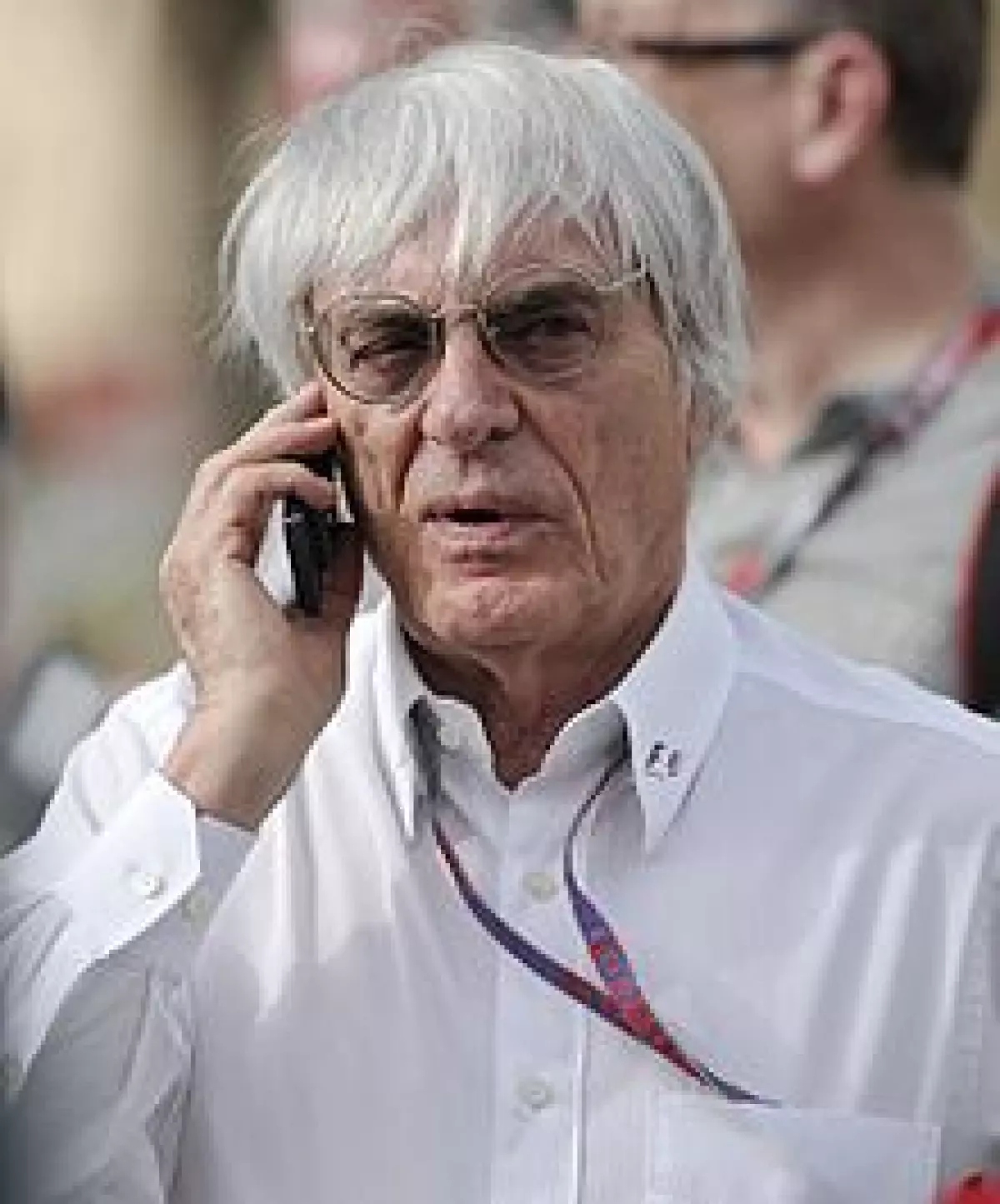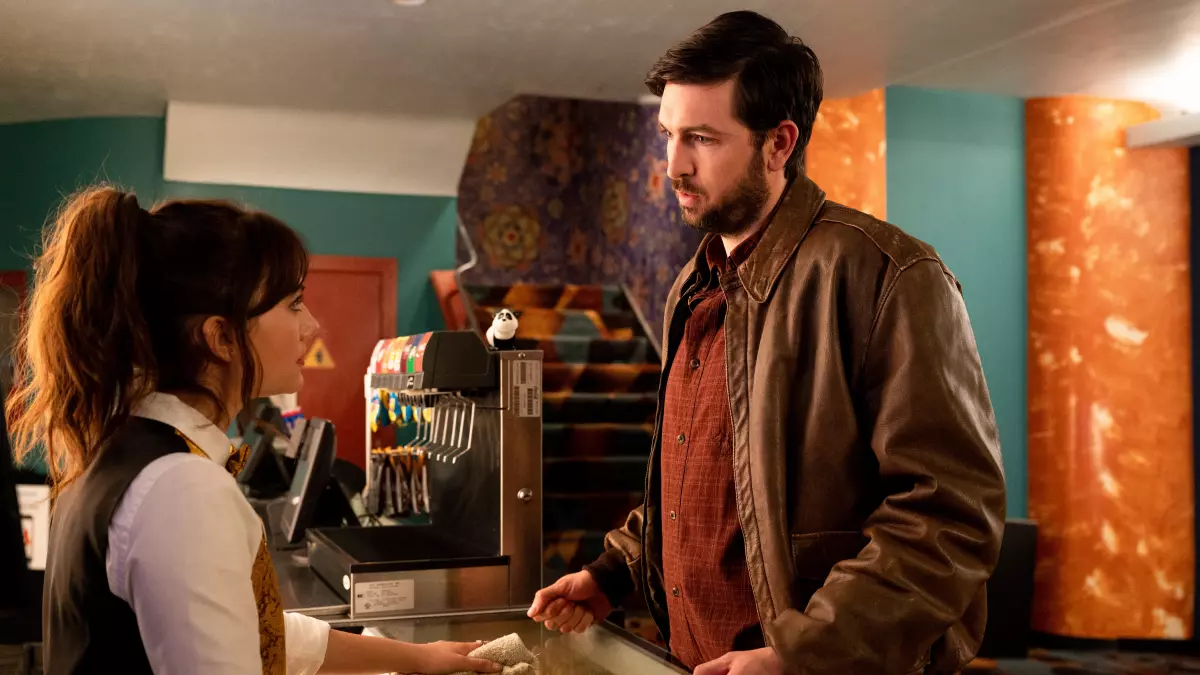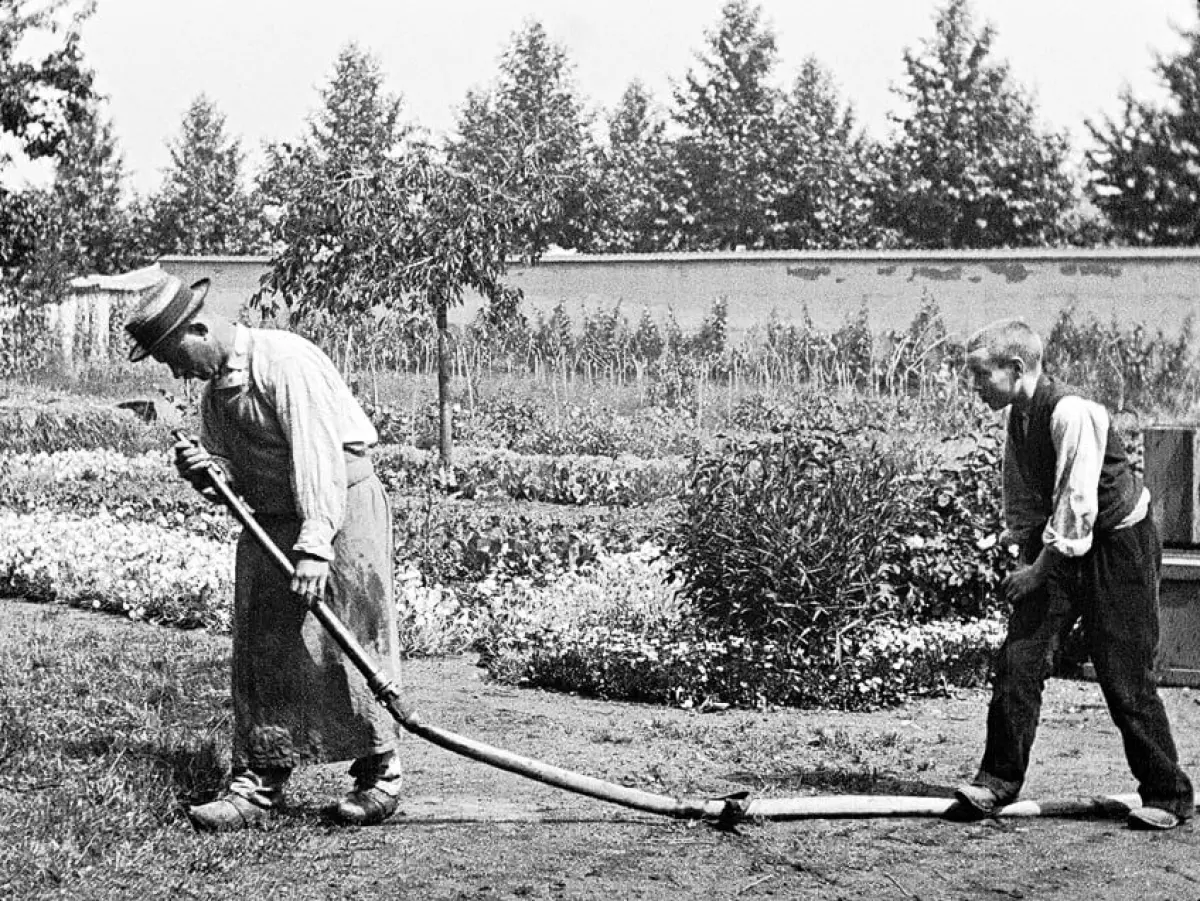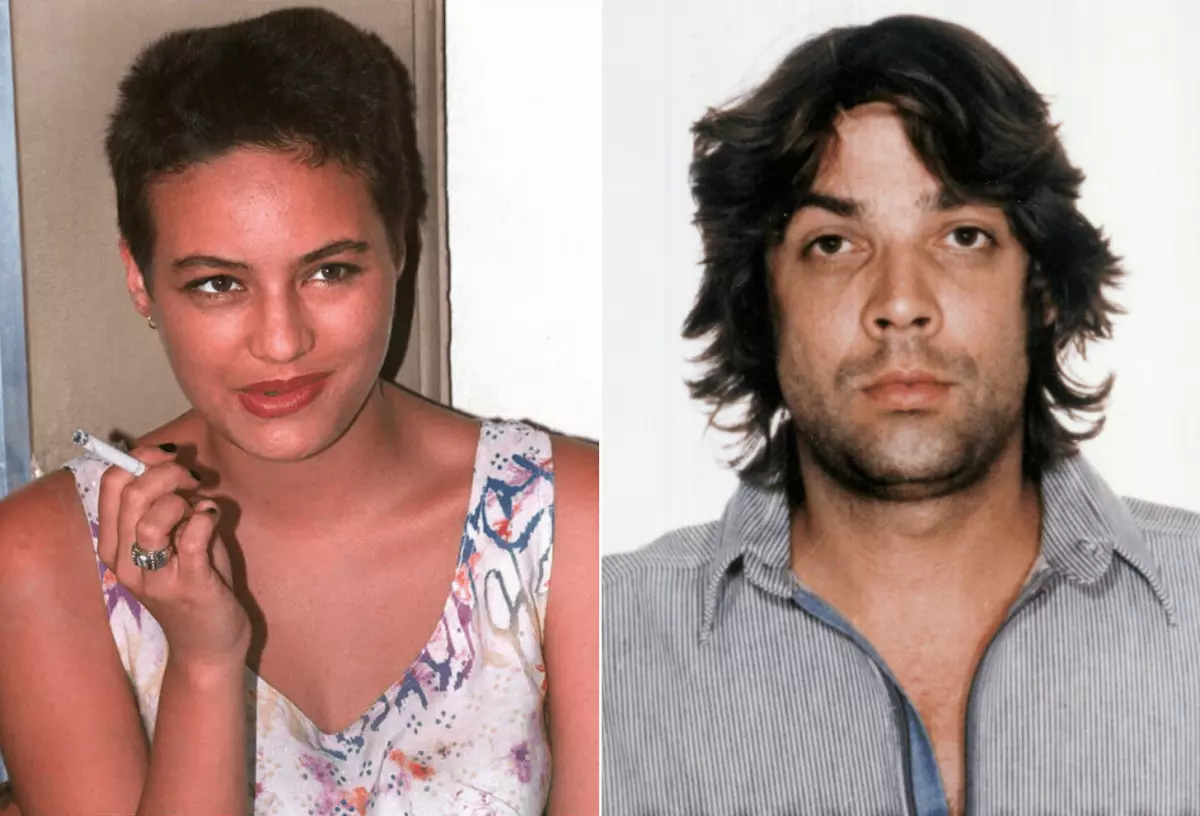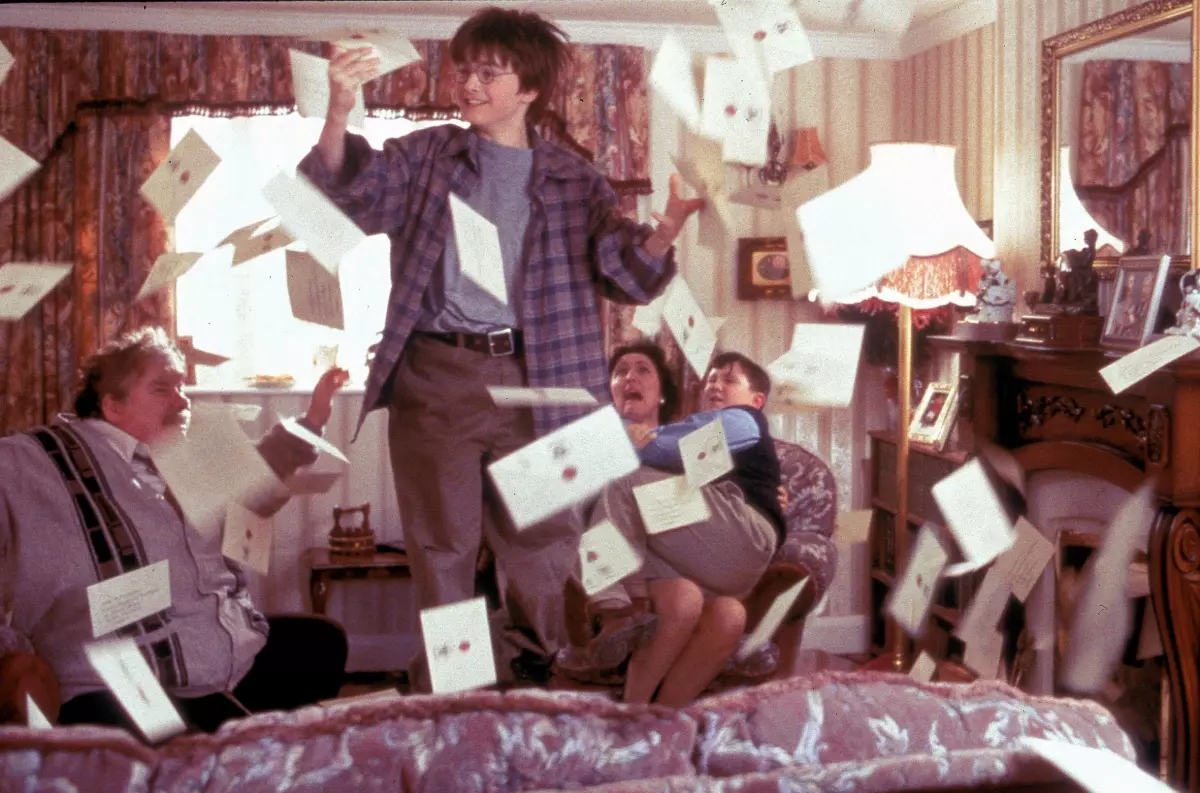In Clint Eastwood's captivating film Richard Jewell, the pursuit of justice takes center stage. From the relentless determination of the film's main character and security guard, Richard Jewell, to the bull-headed righteousness of the FBI investigators and the protective fervor of lawyer Watson Bryant, the movie explores what happens when the underdogs face a world that seems stacked against them.
But there's more to the story than what meets the eye. Prior to Richard Jewell's release, controversy erupted over certain perspectives seemingly downplayed in the film's narrative, particularly in the portrayal of real-life journalist Kathy Scruggs as an unscrupulous scoop-hunter. To separate fact from creative license, let's uncover the true story behind Richard Jewell.
Richard Jewell, the Hero of his Hometown
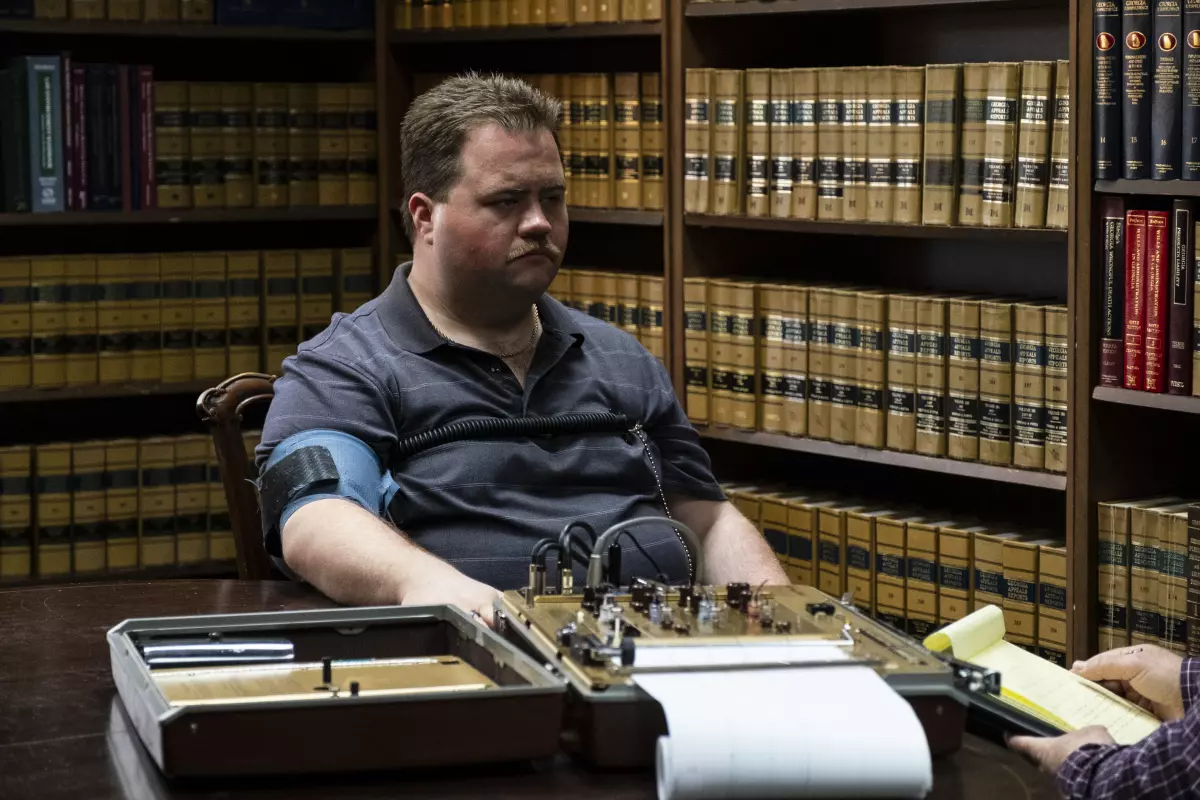 Paul Walter Hauser as Richard Jewell (Image: Claire Folger - 2019 Warner Bros. Entertainment Inc. All Rights Reserved.)
Paul Walter Hauser as Richard Jewell (Image: Claire Folger - 2019 Warner Bros. Entertainment Inc. All Rights Reserved.)
The broad narrative of Richard Jewell closely aligns with reality. Jewell, a former sheriff's deputy and later a campus police officer, was working as a security guard during the 1996 Olympics in Atlanta. It was there that he stumbled upon a suspicious backpack near his post at Centennial Olympic Park. Despite facing obstacles from party-goers, Jewell and the police started clearing the area. Tragically, moments later, the bag exploded, claiming one life and injuring over 100 others.
Without Jewell's attentiveness, the tragedy could have been far worse. After the bombing, Jewell found himself in the spotlight, making appearances on CNN and the Today Show with Katie Couric. He was even approached for a book deal. However, his moment of fame quickly turned sour as law enforcement and the media began focusing on him as the prime suspect—the same person who had first spotted the bomb.
"Profile of the Lone Bomber"
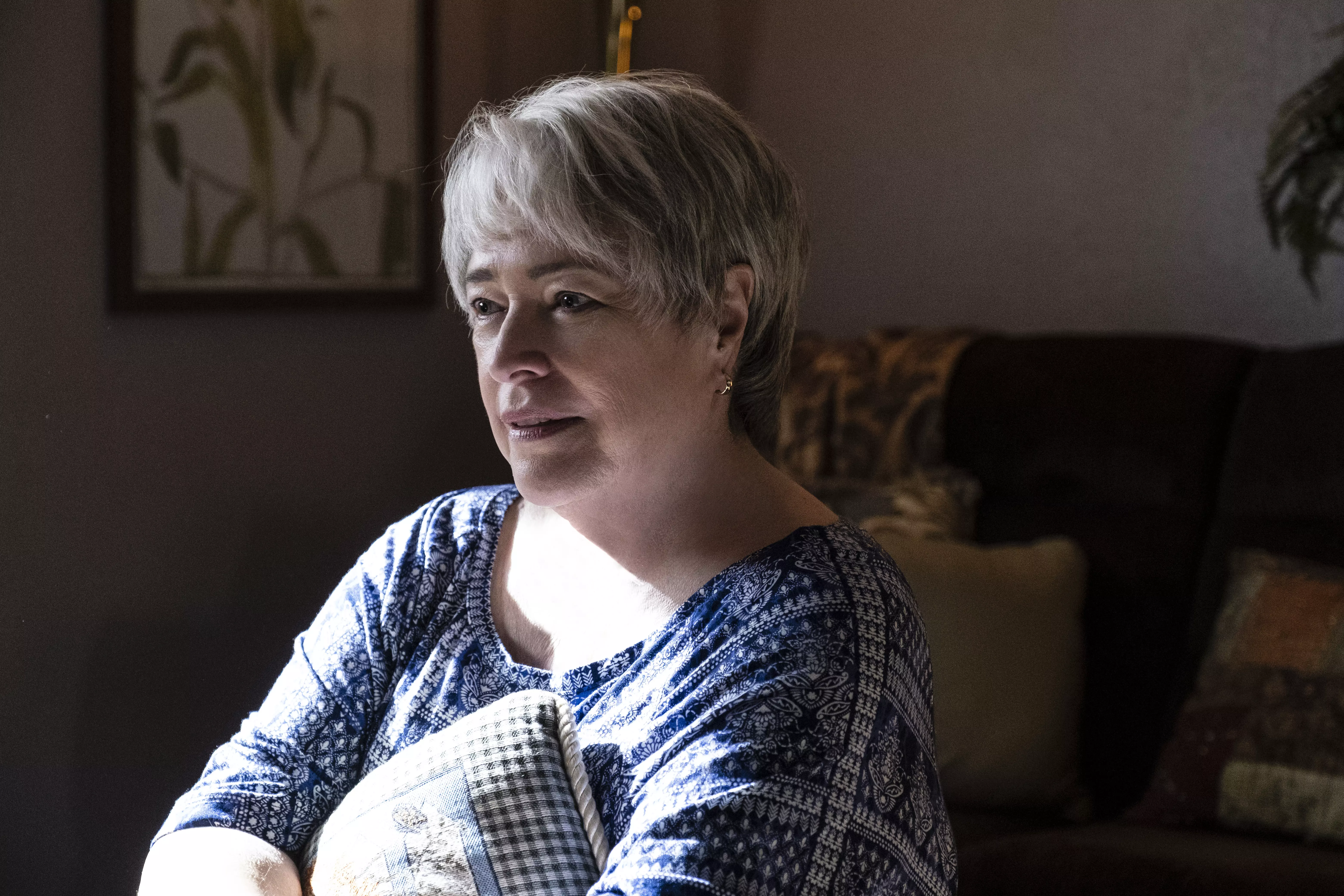 Kathy Bates as Bobi Jewell, Richard's mother (Image: Claire Folger - 2019 Warner Bros. Entertainment Inc. All Rights Reserved.)
Kathy Bates as Bobi Jewell, Richard's mother (Image: Claire Folger - 2019 Warner Bros. Entertainment Inc. All Rights Reserved.)
Soon after the bombing, Jewell became the principal suspect in the FBI's investigation. According to reports, one of Jewell's former employers, Piedmont College President Ray Cleere, tipped off the FBI, suggesting that Jewell himself might have been the bomber. This accusation stemmed from past disagreements over campus policing. The Atlanta Journal-Constitution reporters Kathy Scruggs and Ron Martz were quick to publish the story, labeling Jewell—a former law enforcement officer—as the focus of a federal investigation. The news spread rapidly, turning Jewell into a reviled national figure. Reporters camped outside his apartment, and the FBI kept him under constant surveillance. The media mocked him, with Jay Leno even dubbing him the "Una-doofus."
An Unlikely Ally
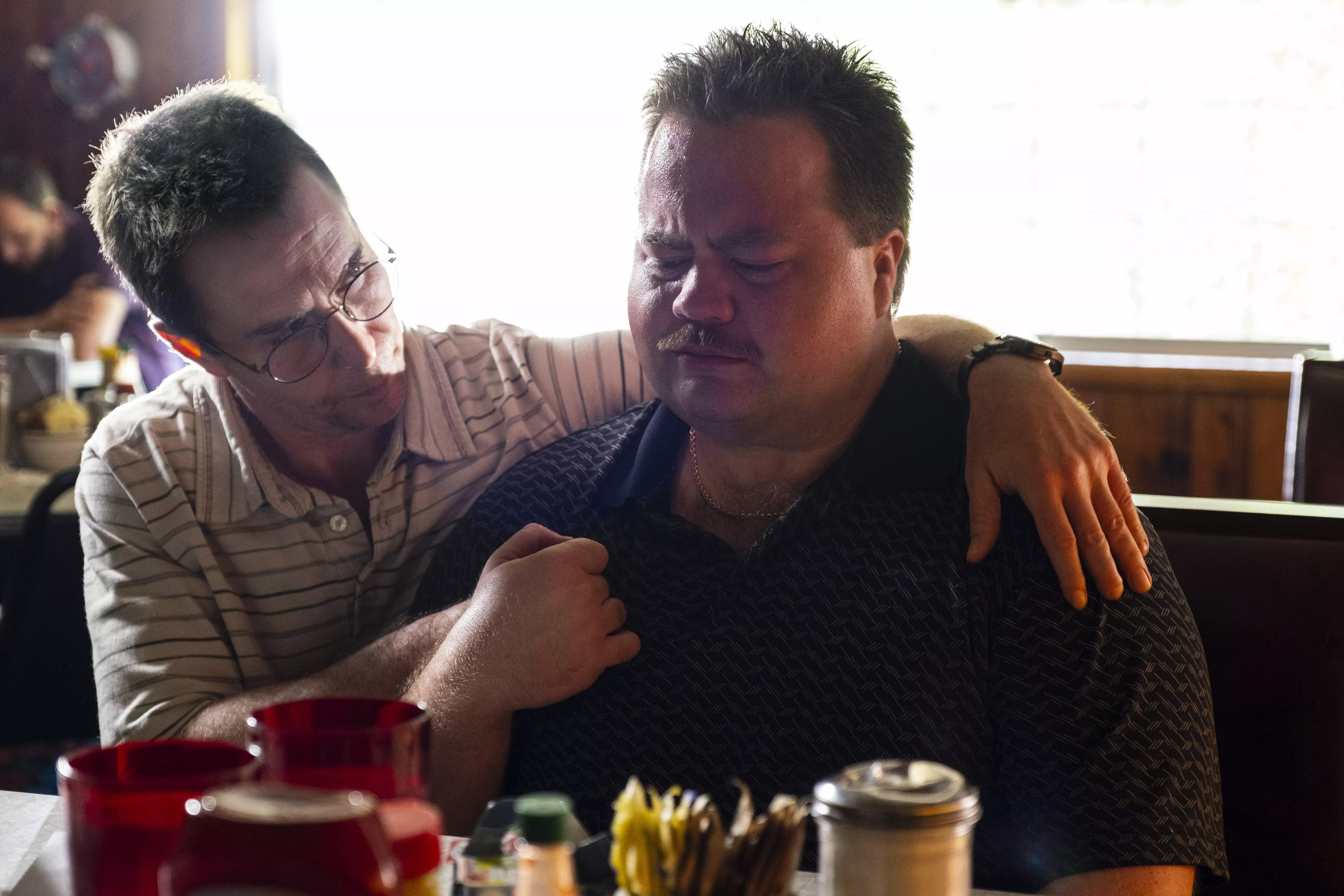 Sam Rockwell and Paul Walter Hauser in 'Richard Jewell' (Image: Claire Folger - Warner Bros.)
Sam Rockwell and Paul Walter Hauser in 'Richard Jewell' (Image: Claire Folger - Warner Bros.)
Amidst these trials, Jewell found an unexpected ally in his lawyer, Watson Bryant, just as portrayed in the film. Ten years prior, Jewell had worked in the mailroom of Bryant's office. Though not a prominent defense lawyer at the time, Bryant fervently defended his friend against what he believed to be unfair treatment. When the FBI finally cleared Jewell after three months of investigation, he and Bryant went on the offensive, filing lawsuits against NBC, CNN, and the New York Post. All three cases were ultimately settled out of court. The Atlanta Journal-Constitution fought against Jewell's suit, but it was eventually dismissed by the Georgia Court of Appeals in 2011, which concluded that the paper's reporting had been "substantially true" at the time of publication.
The Real Bomber
It took several more years and extensive police work to bring the actual bomber to justice. Eric Robert Rudolph, the true culprit, evaded capture until 2003, perpetrating three more bombings during his five years on the run. In a confession released in 2005, he claimed to be motivated by his hatred of gay rights, abortion, and the federal government.
A New Controversy
No character in Richard Jewell personifies the film's portrayal of an amoral and mercenary media better than Kathy Scruggs. The movie strongly implies a liaison between Scruggs and FBI Agent Shaw, painting her as a cackling, trash-talking crime reporter who breaks the story on the FBI's investigation into Jewell.
This depiction has sparked controversy, particularly from Scruggs' former employer, the Atlanta Journal-Constitution. In a letter to the filmmaker, the newspaper's lawyers criticized the film for falsely suggesting that Scruggs engaged in sexual exploitation and that the paper condoned such behavior in exchange for stories. The filmmakers have been called upon to prominently include a disclaimer acknowledging their use of dramatic license in portraying certain events and characters.
Despite the backlash, Warner Bros., the studio behind the movie, rejects the claims made by the Atlanta Journal-Constitution, asserting that the film relied on credible source material. Olivia Wilde, the actress who played Kathy Scruggs, also defended her character, highlighting that Scruggs was a modern, independent woman who had personal relationships like anyone else in the industry.
The true story of Richard Jewell is one of resilience in the face of adversity, as a small-town hero fights to clear his name while battling against a system that seemed determined to condemn him. Clint Eastwood's film brings this story to life, shedding light on the complexities and controversies surrounding the case.







